How the Union can continue to affirm its solid position as the only organization representing workers; a trusted “home” for workers is a current issue, requiring the Union to make new breakthroughs.

Instant feedback
President of the Vietnam General Confederation of Labor Nguyen Dinh Khang affirmed that since its establishment, our Party has identified the Vietnam Trade Union as an important element in the political system, representing the working class and laborers. The Trade Union not only cares for and protects the legal and legitimate rights and interests of workers, but also directly participates in policy and law making, social supervision and criticism, promoting democracy and social dialogue.
To be worthy of that position, in recent times, the Vietnam General Confederation of Labor has chaired the submission to the National Assembly for approval of the Trade Union Law 2024; contributed ideas and criticism to many draft policies related to workers; and effectively organized democratic models such as workers' conferences, dialogues with the Prime Minister, and the Workers' Forum at the National Assembly. These are important channels to bring the voices of workers to the Party and the State.
Previously, when the Covid-19 pandemic became complicated, the number of businesses that had to temporarily suspend operations and reduce production skyrocketed, millions of workers had to quit their jobs, take time off, take turns off work, and lose their jobs. The Trade Union had unforgettable days, going to each dormitory, encouraging, and giving gifts to support workers and laborers to "overcome the pandemic" and move forward.
In Hanoi, Bac Ninh, Bac Giang, many creative models in epidemic prevention and control and support for union members and workers of trade unions have been born, highly appreciated by Party committees, authorities, workers and employers such as: 0 VND supermarket, 0 VND supermarket bus, social security bags, medicine bags for F0. Binh Duong, Dong Nai, Long An stand out with the model of "shopping for union members".
However, with the rapid changes of the market economy, the Trade Union is facing many opportunities but also many new challenges, especially when in the field of labor and trade unions, labor relations are increasingly complicated, with the emergence of non-traditional forms of employment. In addition, there is a requirement to shift the focus of trade union activities to the non-state sector, the informal sector...
Innovation from the Union itself
In the past 3 years, in Hanoi, the Trade Union at the grassroots level has coordinated with the authorities at the same level to organize 142 dialogues with workers. However, the regular dialogue activities in enterprises employing less than 50 workers are sometimes formal or combined with meetings with other contents, and the dialogue content is not diverse.
Head of the Trade Union Affairs Department (Hanoi City Labor Federation) Le Thi Kim Diep said that grassroots trade unions need to truly become a “home” for workers, proactively grasping their thoughts and aspirations, and strengthening supervision of the implementation of policies and regimes. To do that, first of all, trade unions need to focus on training and fostering dialogue, negotiation, and mediation skills for trade union officials; build a mechanism for rotating and arranging appropriate staff, giving priority to those with legal qualifications, understanding of labor relations, and dedication to the movement.
On the part of state management agencies, it is necessary to strengthen inspection, examination and supervision of compliance with labor and trade union laws; have stronger sanctions to handle employers when there are violations in the enforcement of labor and trade union laws.
From an institutional perspective, lawyer Nguyen Hoang Mai, a lecturer at the Trade Union University, analyzed that trade union officials are the ones who "hold the vote of confidence" of union members. Therefore, in addition to enthusiasm, they must have legal capacity, policy analysis skills, negotiation and social criticism.
“Only when the voice of union officials is convincing enough right from the first stage of policy, can the organization's position be affirmed,” said Ms. Nguyen Hoang Mai.
In this direction, the Union needs to participate in the legislative process in an “early, remote” manner. First of all, it is necessary to digitize the process of giving feedback, collecting union members’ opinions online, and exploiting big data to forecast policy impacts. This is the key to bringing the voice of workers, even in remote areas, to the policy agenda in a timely and transparent manner, helping to promptly reflect labor and employment practices right from the drafting stage, ensuring that the promulgated laws are feasible and easier to implement.
At the same time, the Trade Union needs to strengthen its connections within the political system, closely coordinate with the Fatherland Front and other socio-political organizations, create a consensus voice, and enhance the role of social criticism.
Sharing the same view, Prof. Dr. Tran Ngoc Duong, former Assistant to the Chairman of the National Assembly, affirmed that in modern state management, the participation of social organizations is an essential factor to increase efficiency, transparency and accountability. Trade unions are an important entity, working with the State to manage through building institutions, legal policies and monitoring the implementation process.
According to Professor Dr. Tran Ngoc Duong, when the voice of workers is heard through the Trade Union, labor relations will be more stable, productivity and socio-economic development will be more sustainable. This is also the goal that the construction of a socialist rule-of-law state aims for.
Source: https://hanoimoi.vn/de-cong-doan-thuc-su-la-to-am-tin-cay-cua-nguoi-lao-dong-714629.html



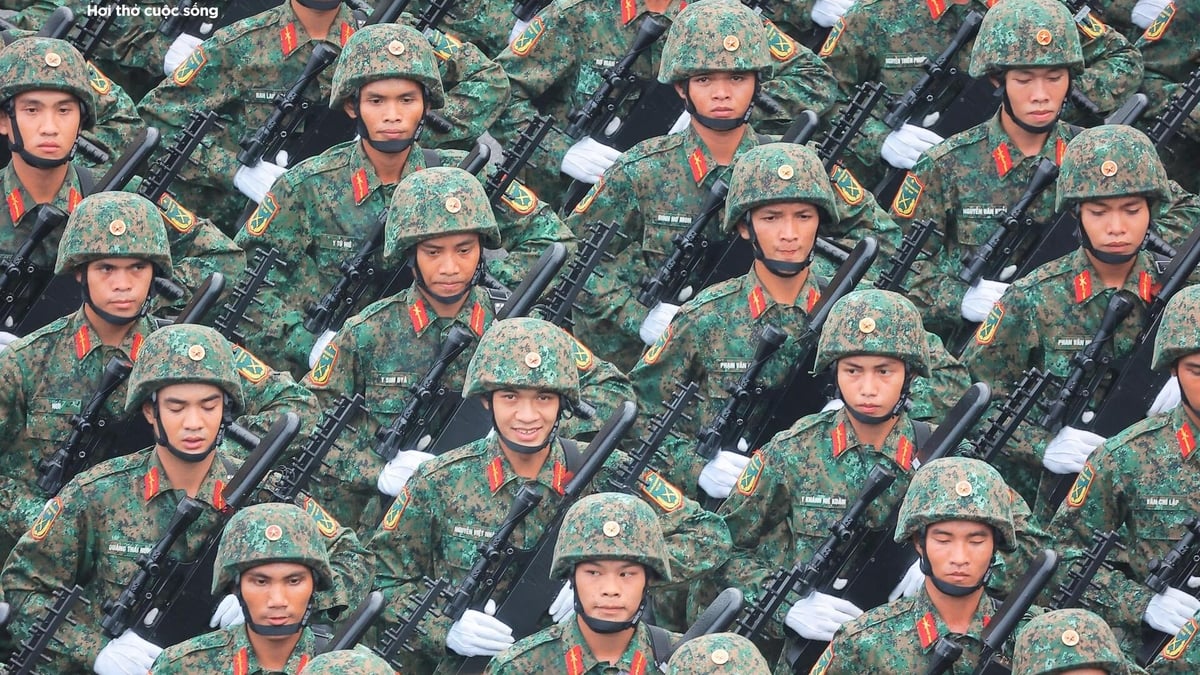
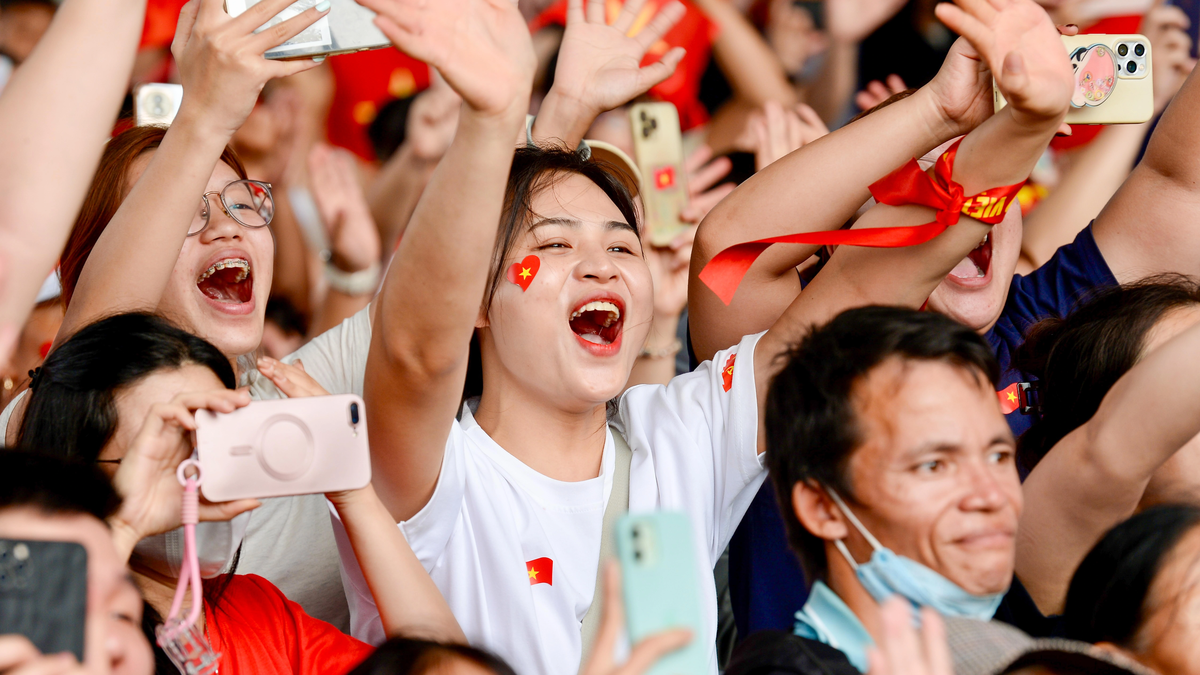
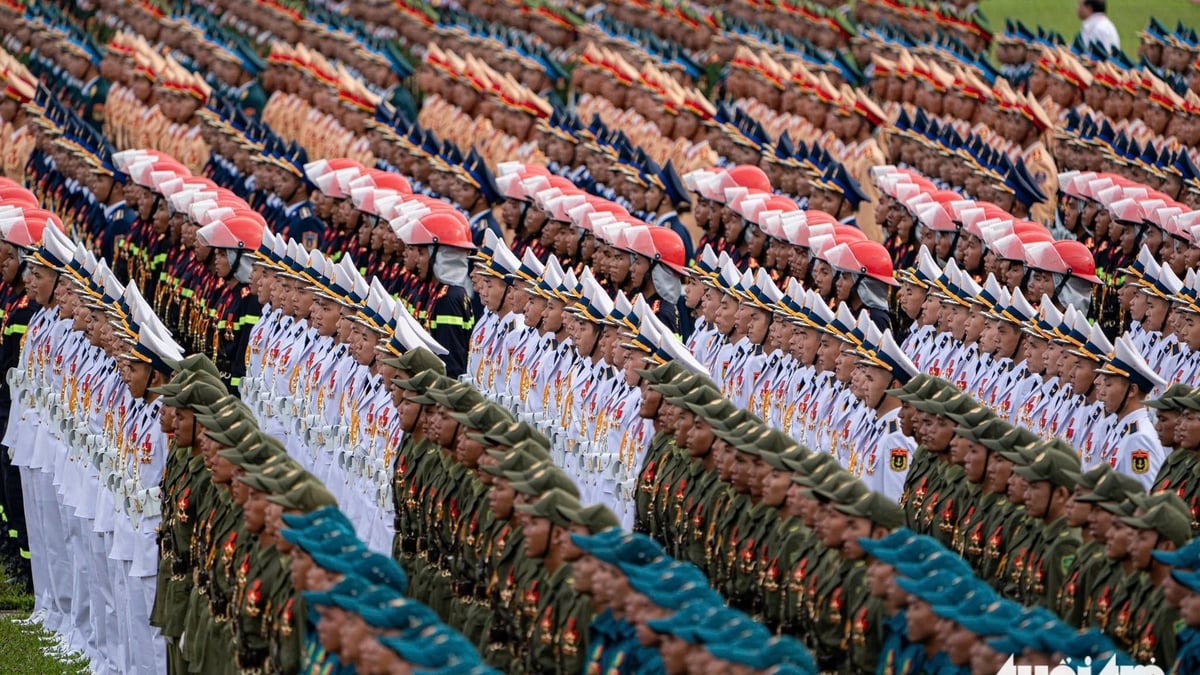
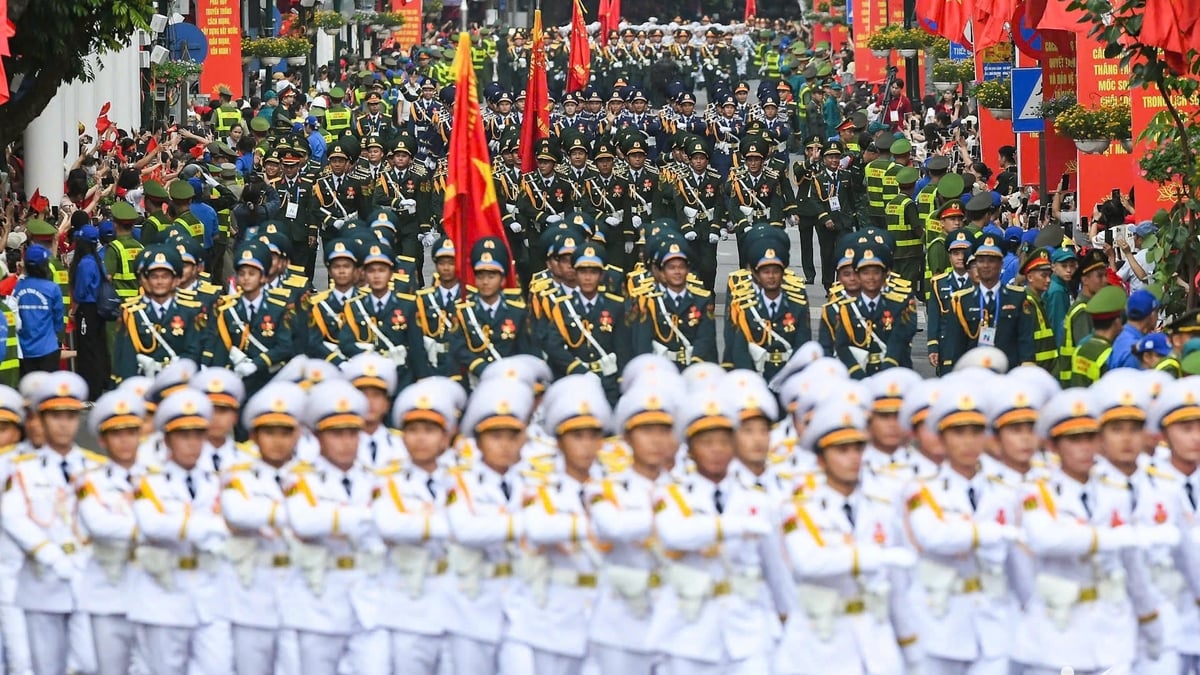
![[Photo] People eagerly lined up to receive special publications of Nhan Dan Newspaper](https://vphoto.vietnam.vn/thumb/1200x675/vietnam/resource/IMAGE/2025/8/30/53437c4c70834dacab351b96e943ec5c)
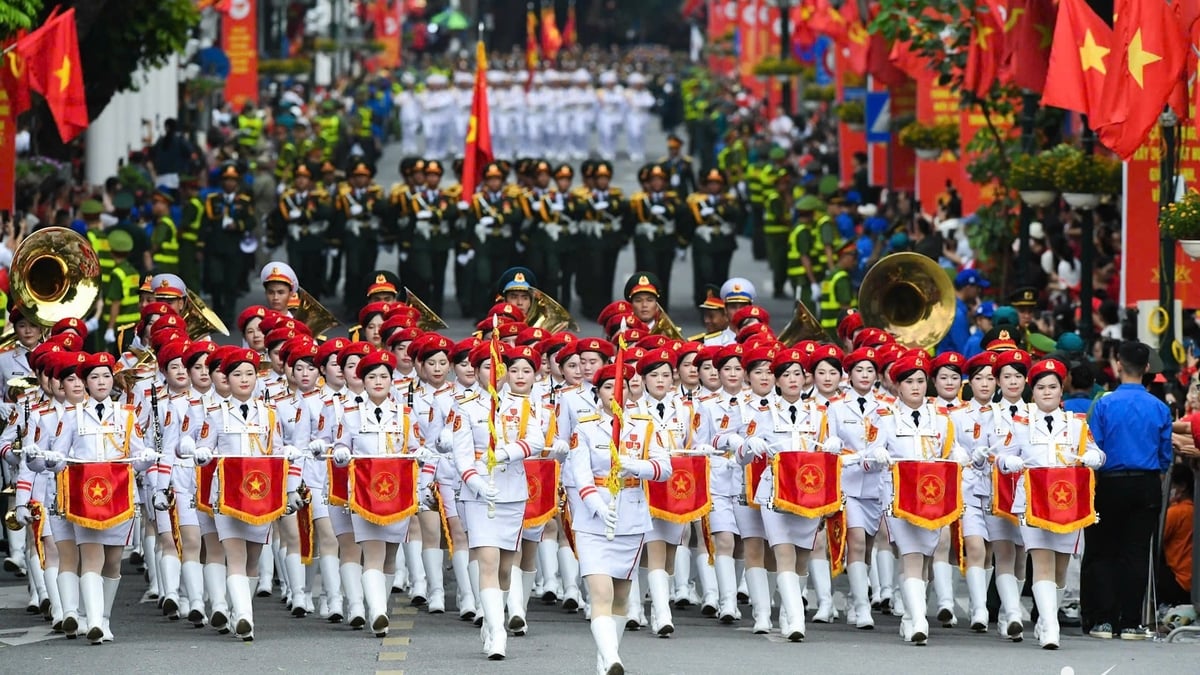
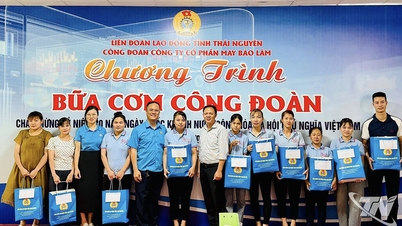



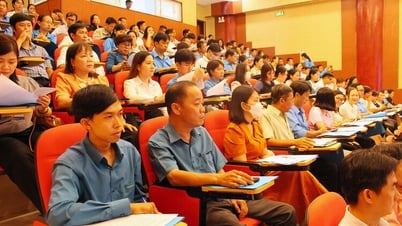

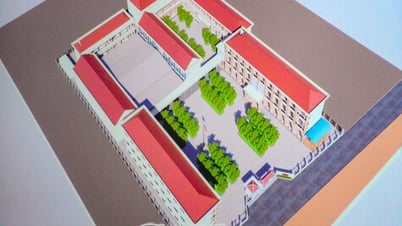

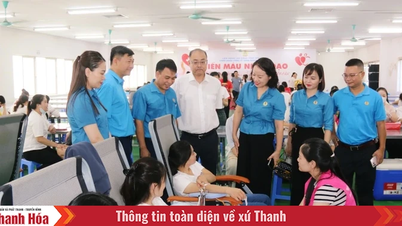

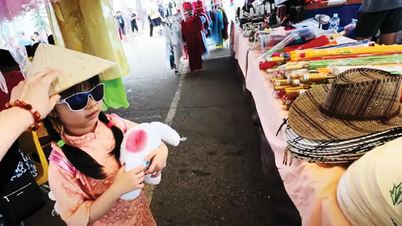

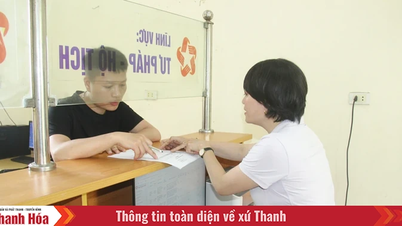


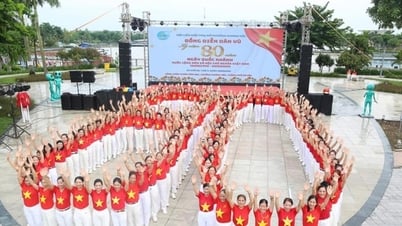


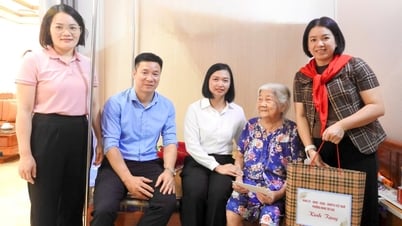








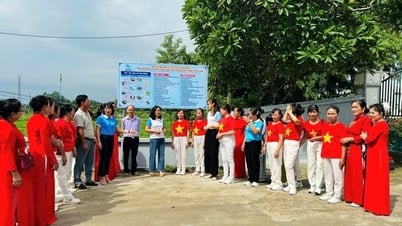
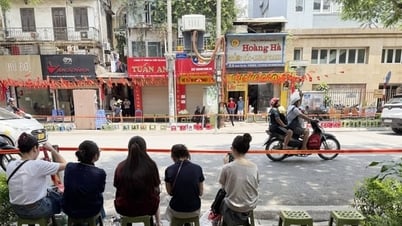
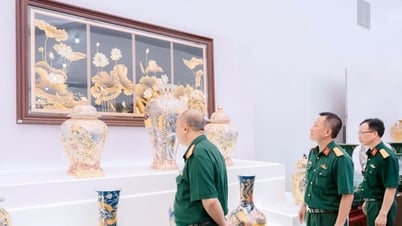
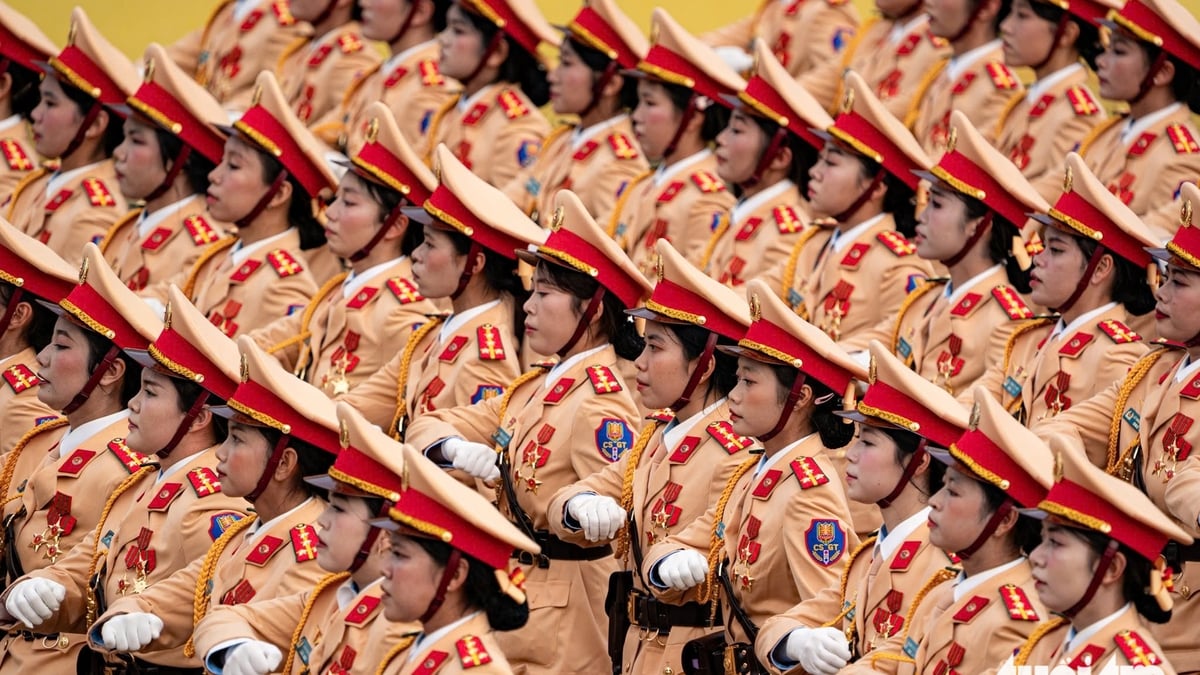
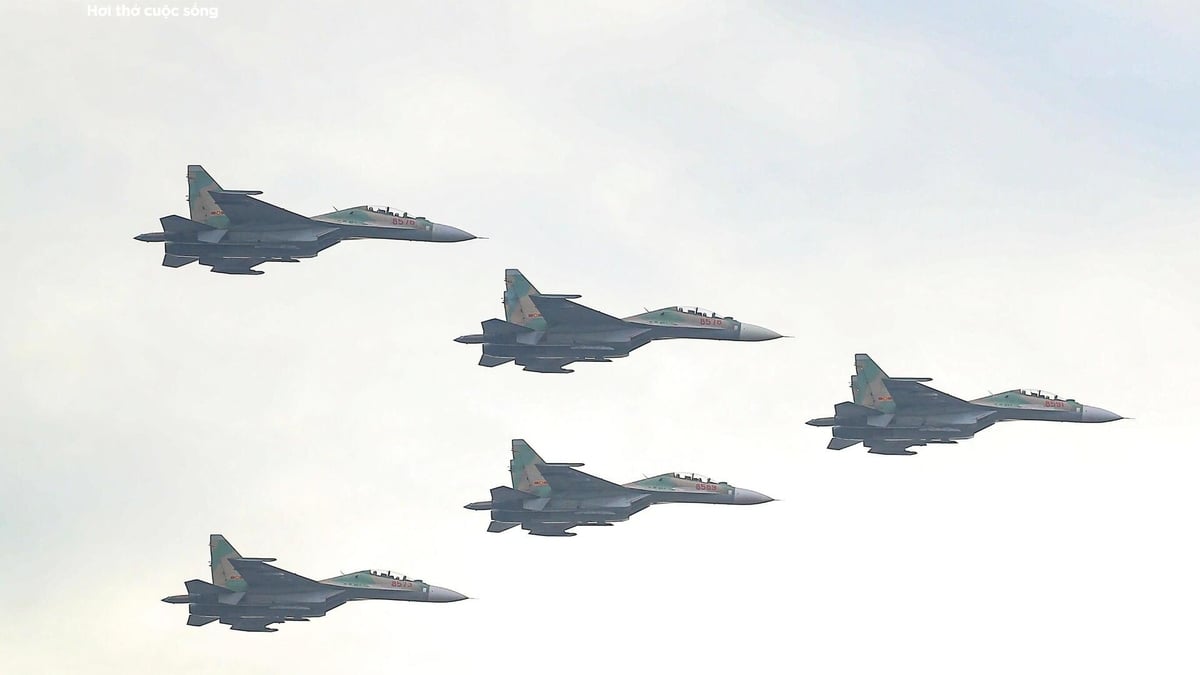
















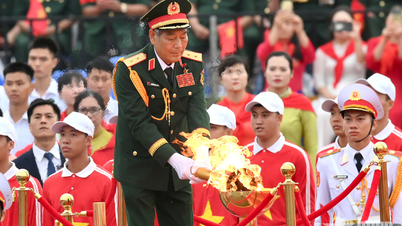

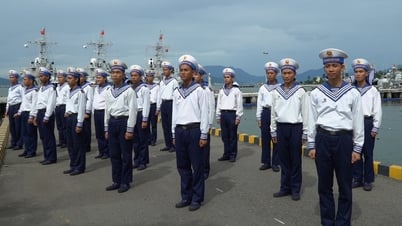

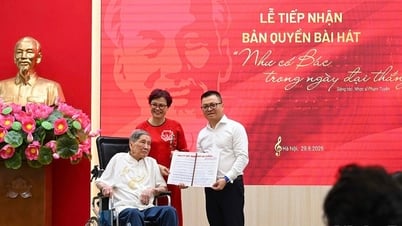
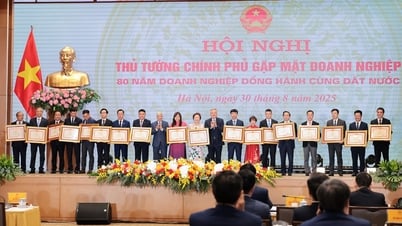






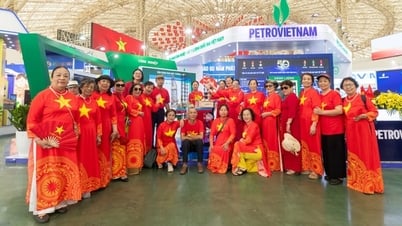

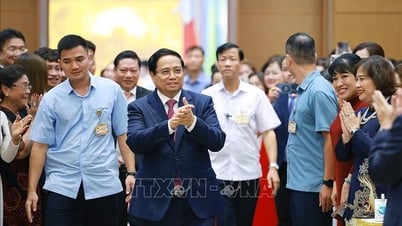

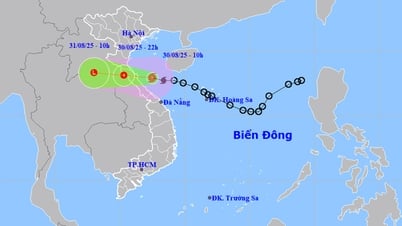

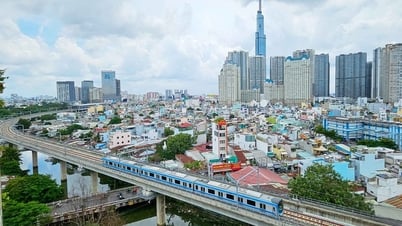

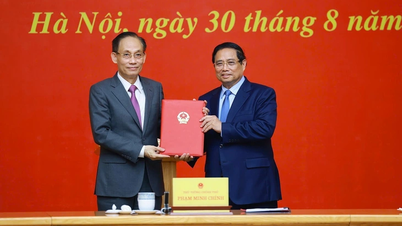

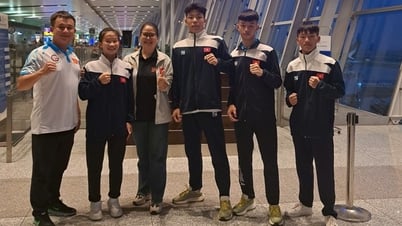
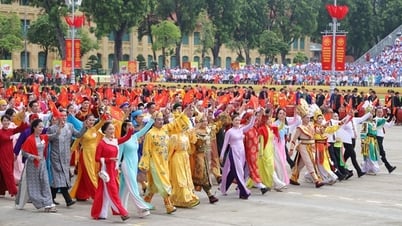
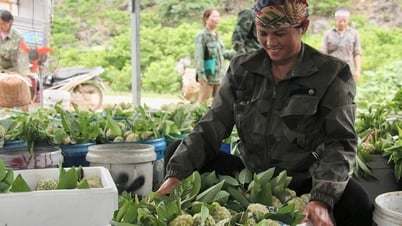

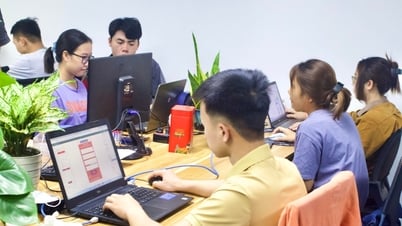
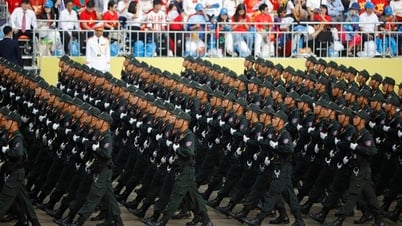


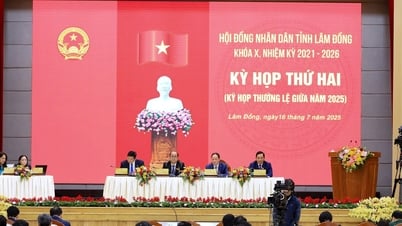
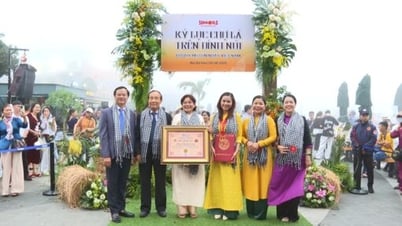

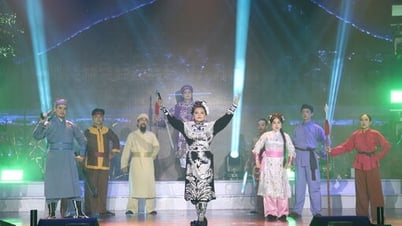



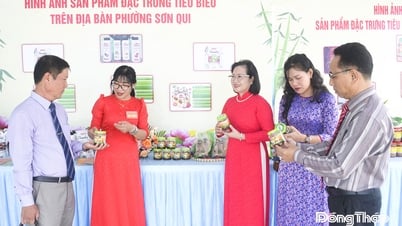










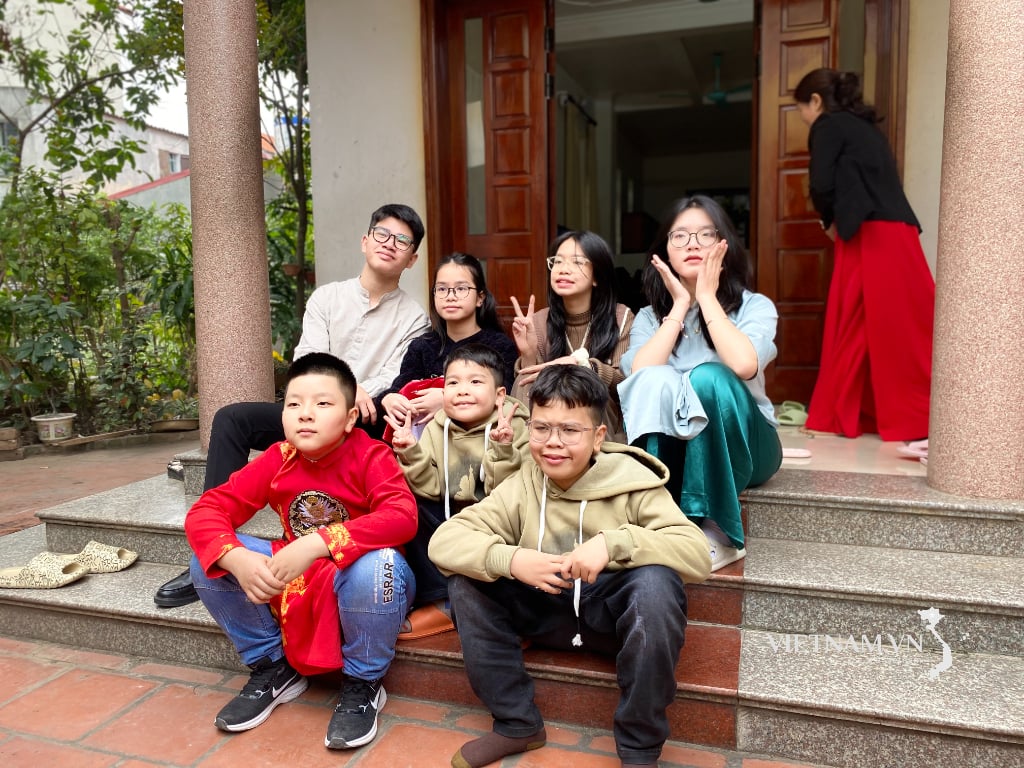

Comment (0)